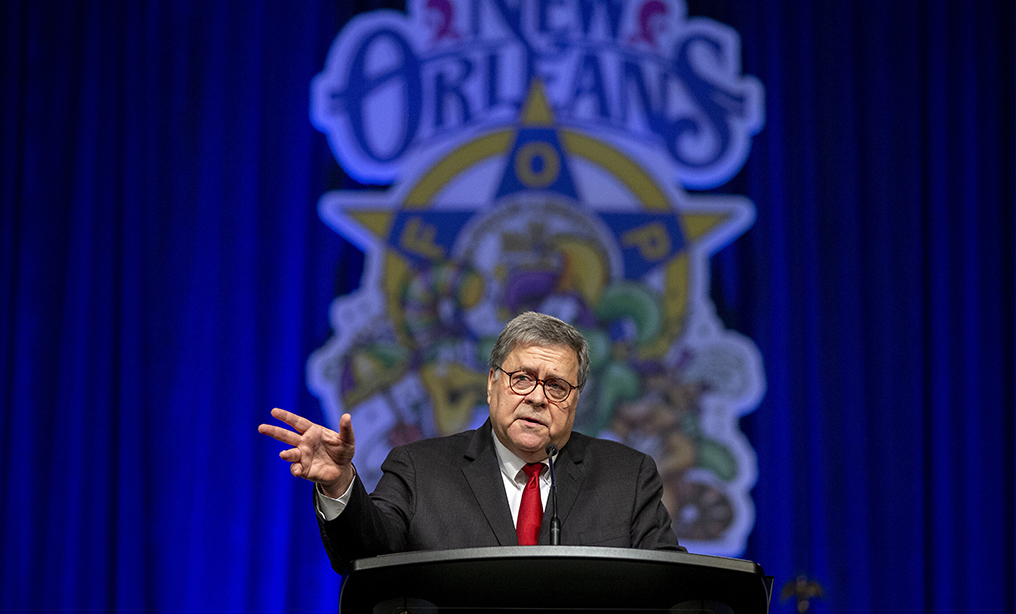Last week, in a speech to the Fraternal Order of Police, Attorney General Barr denounced local prosecutors across the country as “undercutting the police, letting criminals off the hook, and refusing to enforce the law.” He went on to prophesy that this will result in “more crime; more victims.” These comments seemed to target the so-called “progressive prosecutors,” whom AG Barr derided as “anti-law enforcement DAs,” in particular for policies declining to prosecute cases under specific criminal statutes. This complaint reflects willful blindness to the historical role of prosecutors as local ministers of justice, the sound legal basis for such uses of discretion, and the incontrovertible fact that lawful prosecutorial discretion has been used throughout American history by prosecutors along the entire political spectrum. Notwithstanding the attorney general’s objection, most crime is fundamentally a local issue and is best responded to by local, democratically-elected prosecutors.
The American Bar Association sets forth criminal justice standards for the prosecution function, stating: “The prosecutor’s office should exercise sound discretion and independent judgment in the performance of the prosecution function.” Such discretion can take various forms, from the exercise of mercy based on individual circumstances to the declination to prosecute any cases brought under specific criminal statutes.


 U.S. Attorney General William Barr addresses the Grand Lodge Fraternal Order of Police’s 64th National Biennial Conference at the Ernest N. Morial Convention Center in New Orleans, La. on Aug. 12. Photo: David Grunfeld/The Advocate via AP
U.S. Attorney General William Barr addresses the Grand Lodge Fraternal Order of Police’s 64th National Biennial Conference at the Ernest N. Morial Convention Center in New Orleans, La. on Aug. 12. Photo: David Grunfeld/The Advocate via AP




